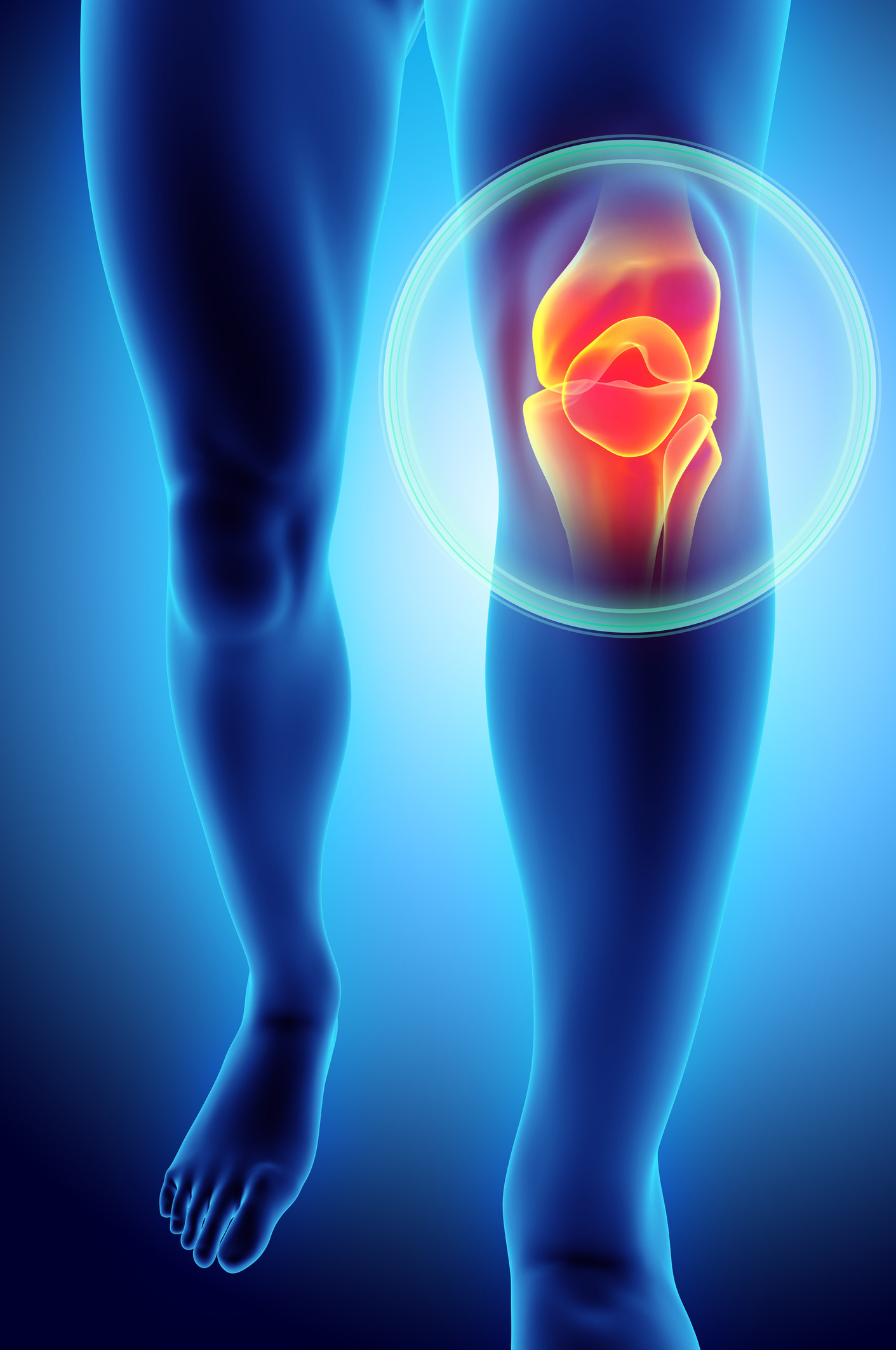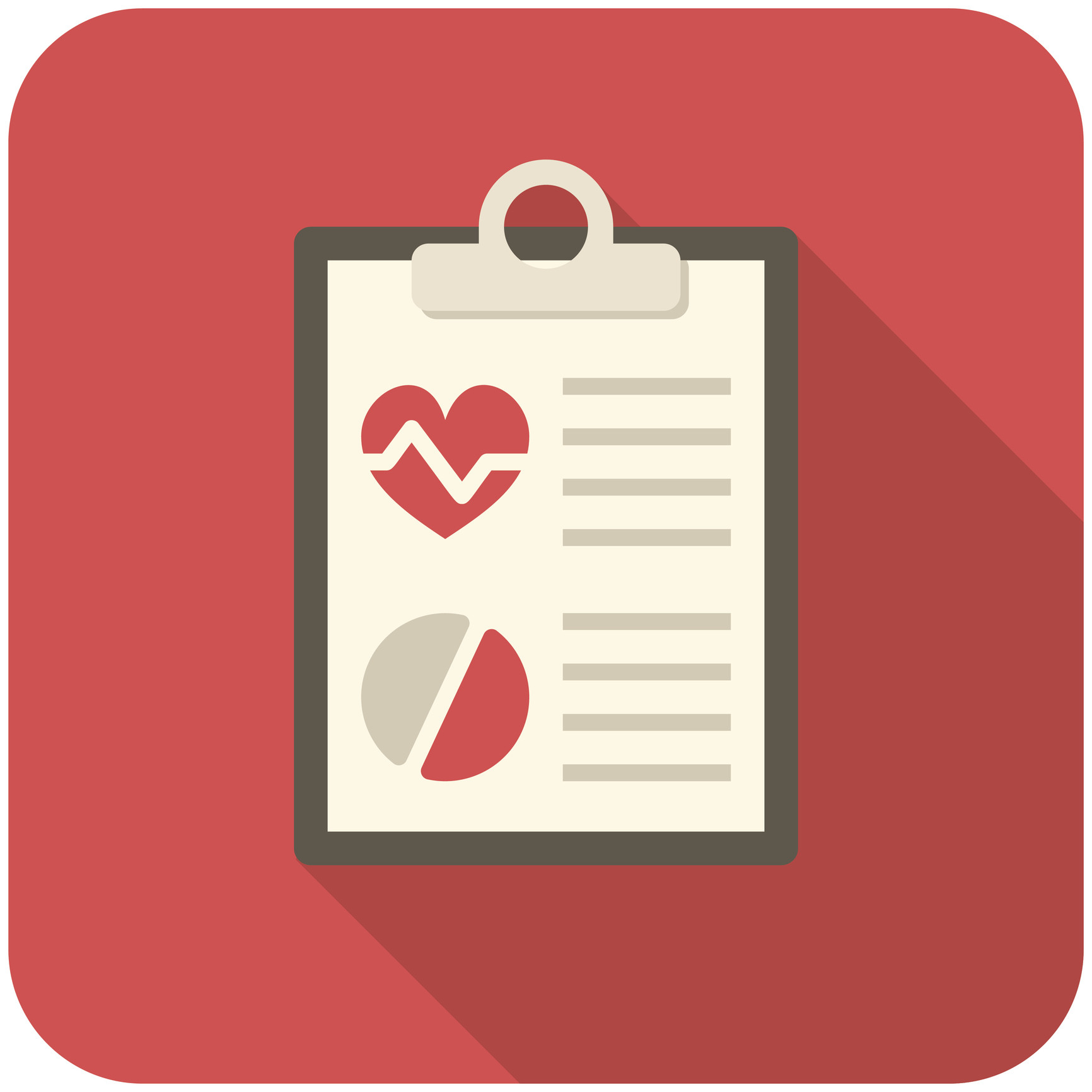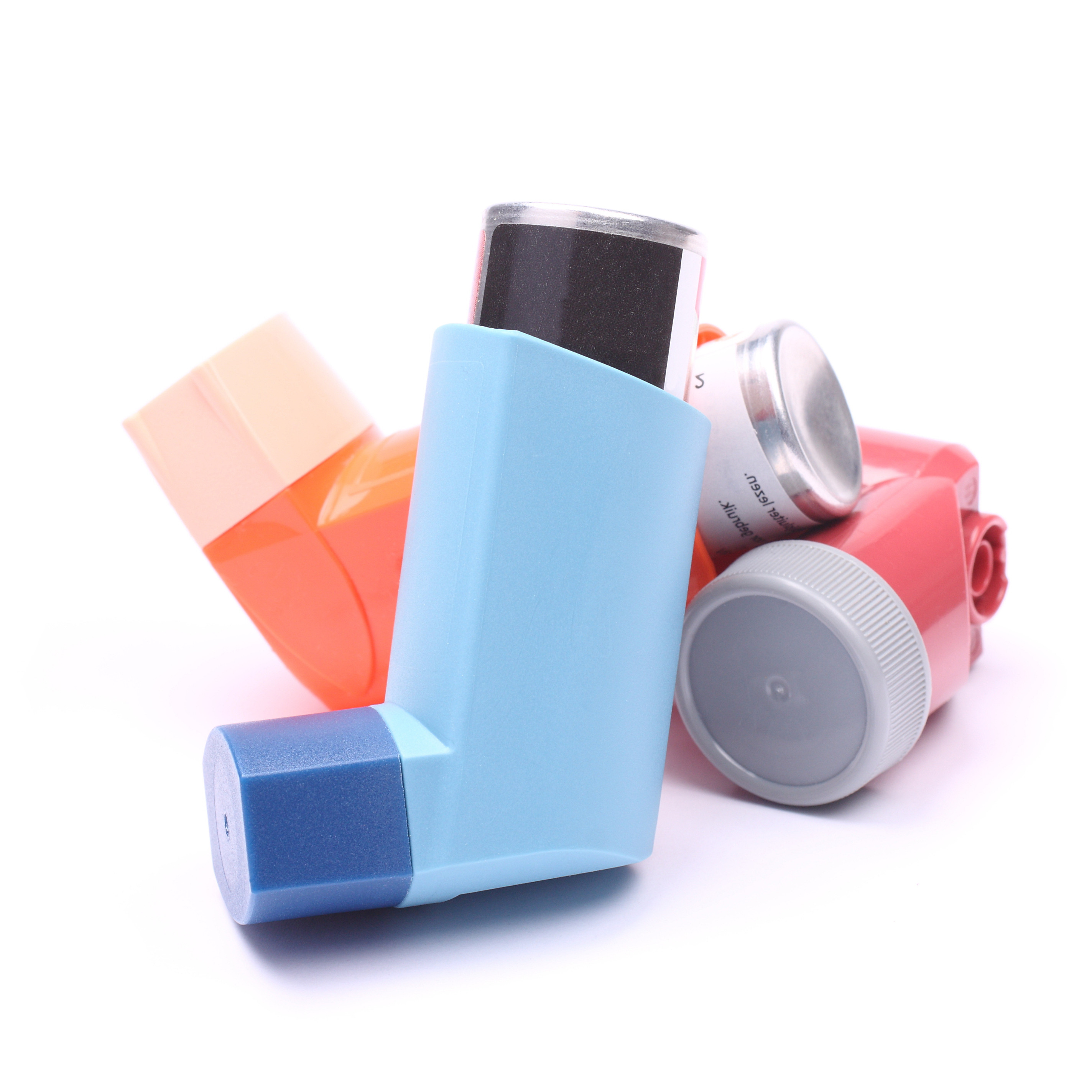
Respiratory health harms often follow flooding: Taking these steps can help

Tips to leverage neuroplasticity to maintain cognitive fitness as you age

Can white noise really help you sleep better?

Celiac disease: Exploring four myths

What is prostatitis and how is it treated?

What is Cushing syndrome?

Exercises to relieve joint pain

Think your child has ADHD? What your pediatrician can do

Foam roller: Could you benefit from this massage tool?

Stepping up activity if winter slowed you down
Harvard Health Blog
Read posts from experts at Harvard Health Publishing covering a variety of health topics and perspectives on medical news.
Articles
Why the AHCA would have been bad for children — and an unavoidable truth moving forward
Regardless of whether the government eventually creates a suitable replacement for the Affordable Care Act, providing adequate health insurance to as many children as possible is crucial to healthy development. Regular health care can help ensure that nothing gets missed — like a high lead level, serious allergy, a smoldering infection, autism — because left unrecognized, the effects can be lifelong, or even deadly.
Long-term use of opioids may depend on the doctor who prescribes them
Some doctors are more likely to prescribe opioids to their patients, and those patients are more likely to end up taking them long-term. It's crucial for consumers to educate themselves about the risks of taking opiates, and to consider alternatives if possible.
5 habits that foster weight loss
The hardest part of weight loss is making healthy choices part of your daily routine without constantly feeling as if you’ve deprived yourself of something. We offer five proven strategies to help you shed pounds based on the experiences of people who have lost weight and kept it off.
Teen drug use is down: Better parenting, or more smartphones?
Data from an annual survey show that use of illicit drugs among teenagers is in decline, and has been for some time. It’s possible that this can be partially attributed to the popularity of smartphones.
Can you virtually improve your knee pain?
A study of people with osteoarthritis of the knee found that at the end of the study period, those participants who received more personalized attention via the web (including physical therapy sessions and information about pain management) had less pain and better movement function.
How good is my doctor? Awards, acronyms, and anecdotes…Oh my
It’s already hard enough to pick the right doctor for yourself without all these awards and designations to pull apart. Which ones actually mean something and which ones don’t? These awards and the acronyms following a doctor’s name might be easier to interpret than you think. Just make sure not to judge a book by its cover – or a doctor by his or her labels.
American Academy of Pediatrics urges care and compassion for immigrant children
In response to the government’s changes in immigration policy, the American Academy of Pediatrics has released a statement expressing concerns about the treatment of immigrant children.
White coat syndrome or white coat logo syndrome? The pitfalls of doctor shopping by “brand”
Branding has the power to influence people, but it should not necessarily be a significant, or the only, factor when it comes to health care. Picking a physician based on the name of their hospital does not always correlate with quality of care, and it could even cost you a larger copay.
Time spent in “green” places linked with longer life in women
Greenery might do more than just cheer us up. A recent study shows it lowers the mortality rate in women. Green spaces decrease levels of depression and pollution while increasing levels of social engagement and physical activity. If you are lucky enough to be surrounded greenery, get out there and enjoy it more. Even urban areas can increase their greenery by planting more trees and shrubs. See if you can get your community to plant more plants. It will help everyone out in the long run.
Parents: Call the doctor right away for these 4 symptoms
Most parents know when their child needs to be seen by a medical professional, but certain symptoms should be considered warning signs that require immediate attention. If your child perks up, or stops crying, or otherwise looks completely fine once you see a doctor, don’t feel silly. These symptoms terrify doctors, so it’s always better to be safe than very, very sorry.
Some medications don’t help back pain as much as we thought
With back pain affecting so many of us, it’s eye-opening that a new review of dozens of studies is reporting that many people who took NSAID medications did not feel any better, or felt only slightly better, after treatment.
Parents: As more states legalize marijuana, here’s what you need to know and do
As marijuana becomes legal or is decriminalized in more states, teens are less likely to view its use as risky, so parents need to talk with their children about safety, especially if they use it themselves.

Respiratory health harms often follow flooding: Taking these steps can help

Tips to leverage neuroplasticity to maintain cognitive fitness as you age

Can white noise really help you sleep better?

Celiac disease: Exploring four myths

What is prostatitis and how is it treated?

What is Cushing syndrome?

Exercises to relieve joint pain

Think your child has ADHD? What your pediatrician can do

Foam roller: Could you benefit from this massage tool?

Stepping up activity if winter slowed you down
Free Healthbeat Signup
Get the latest in health news delivered to your inbox!
Sign Up

























